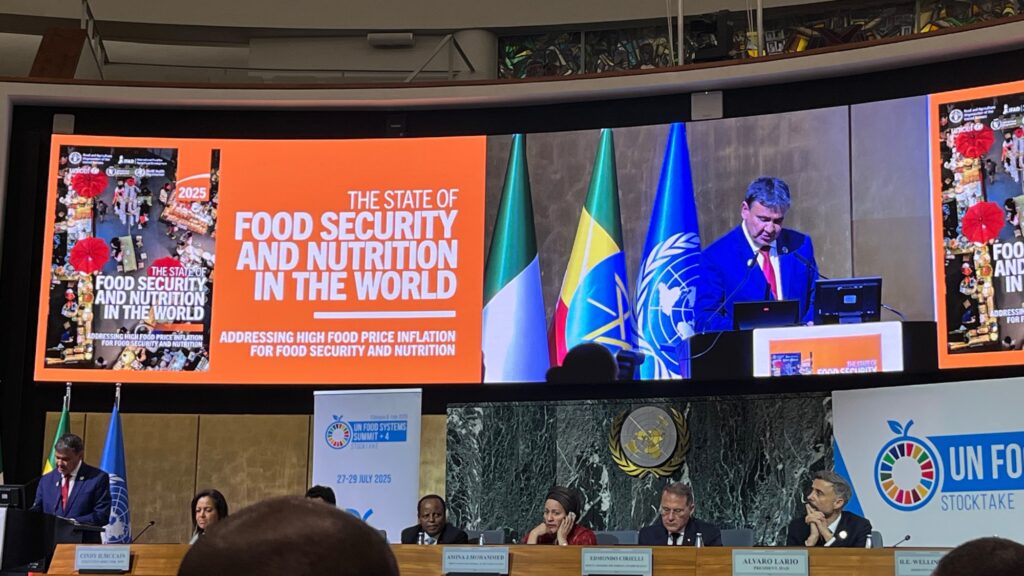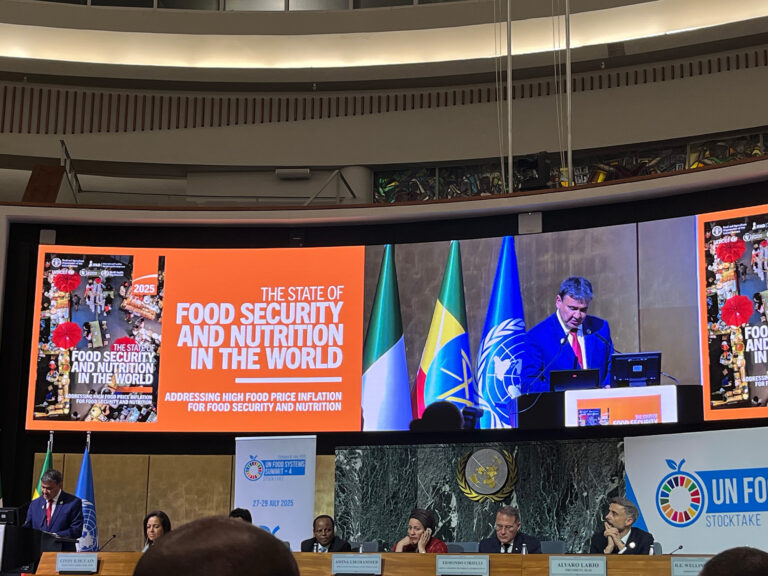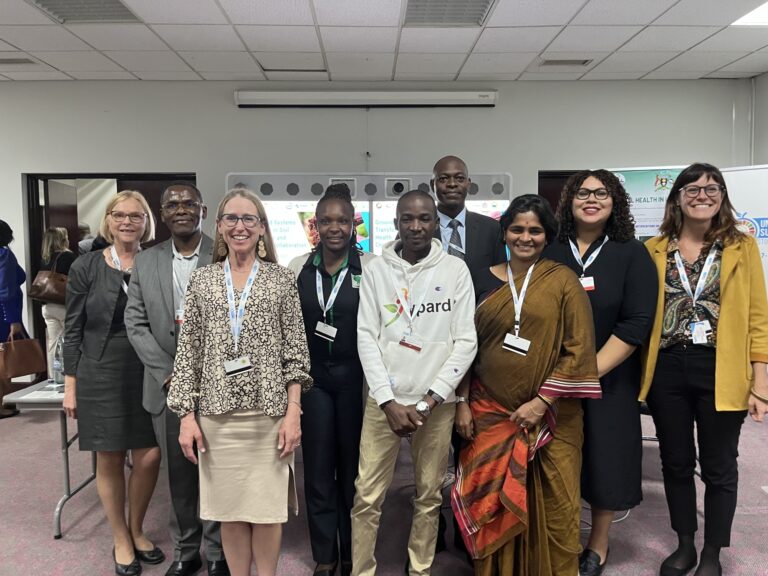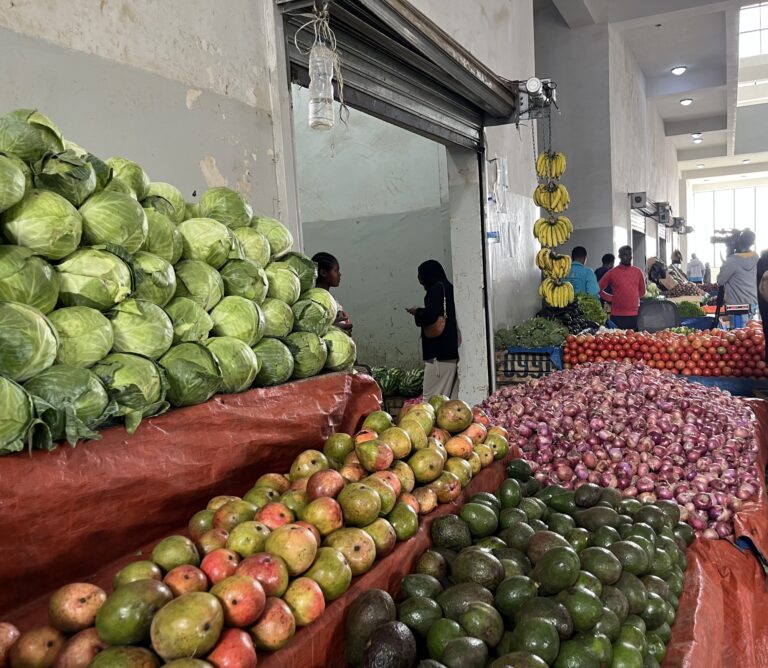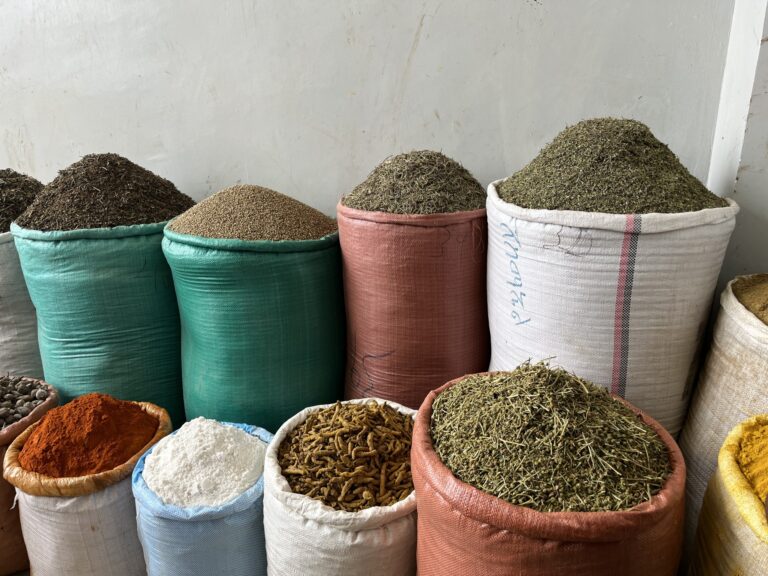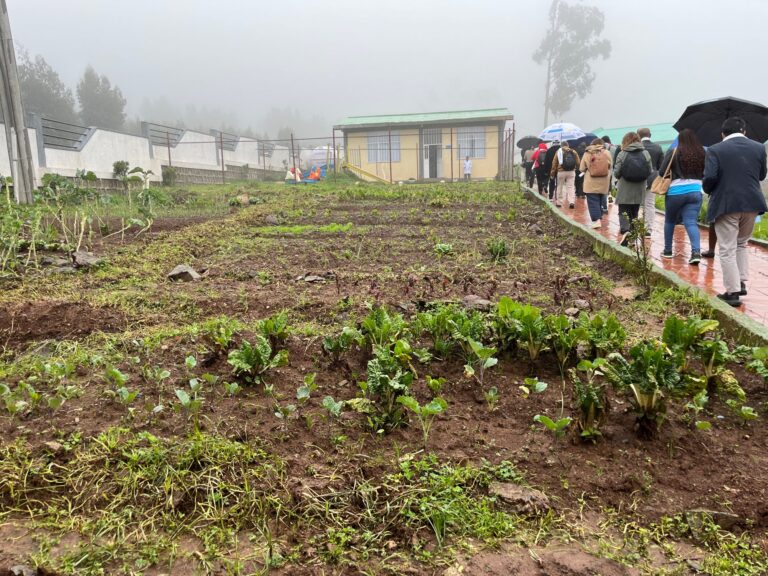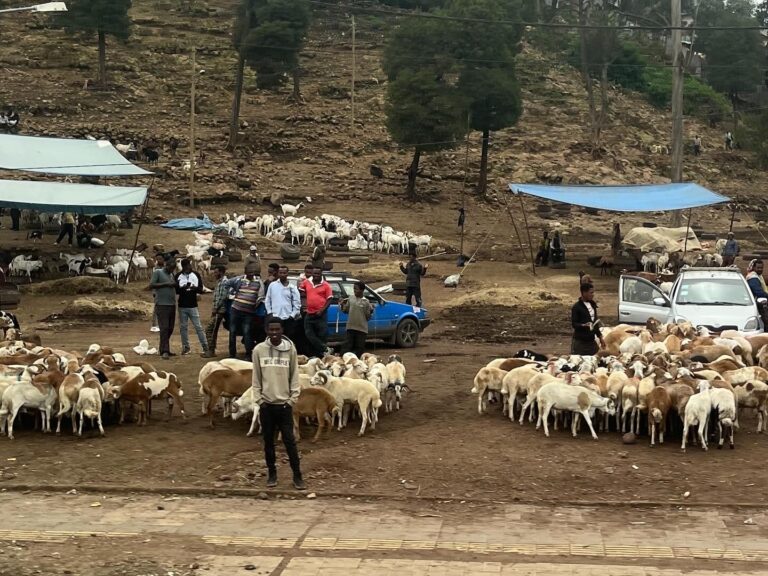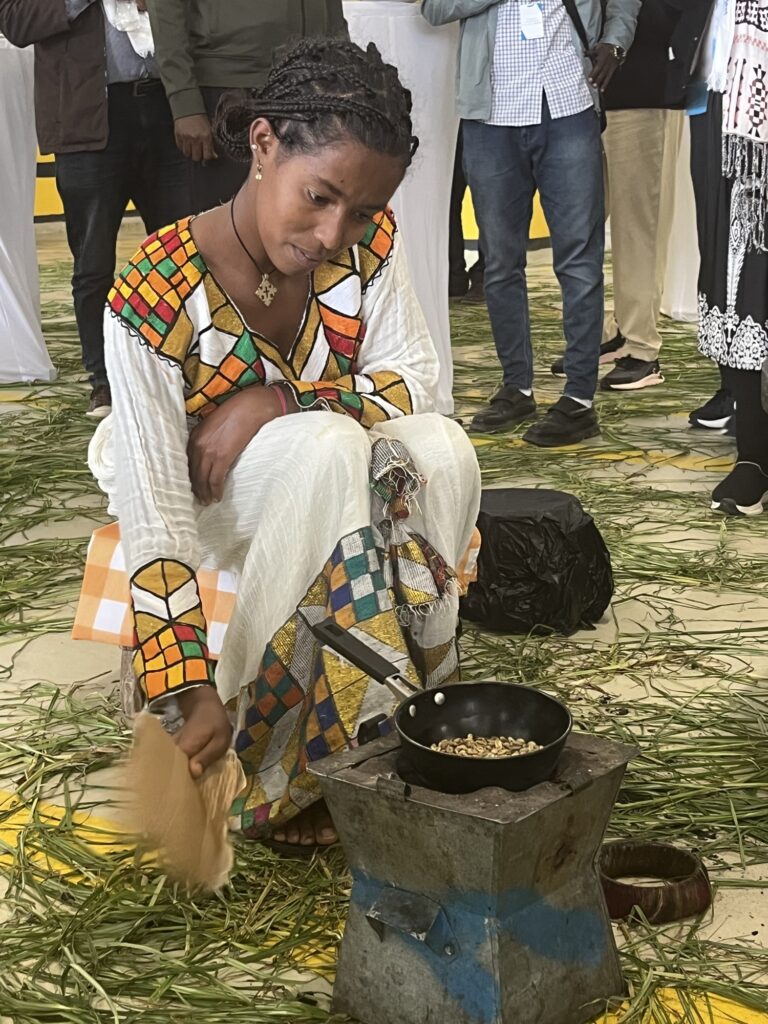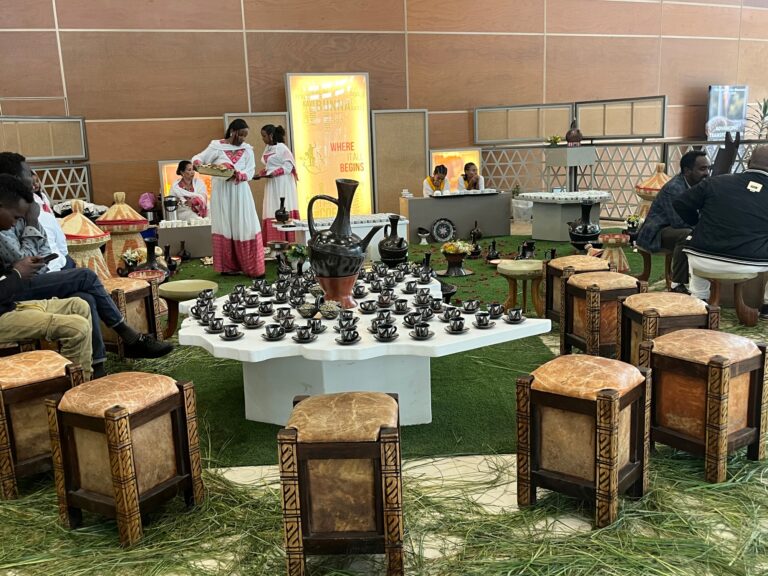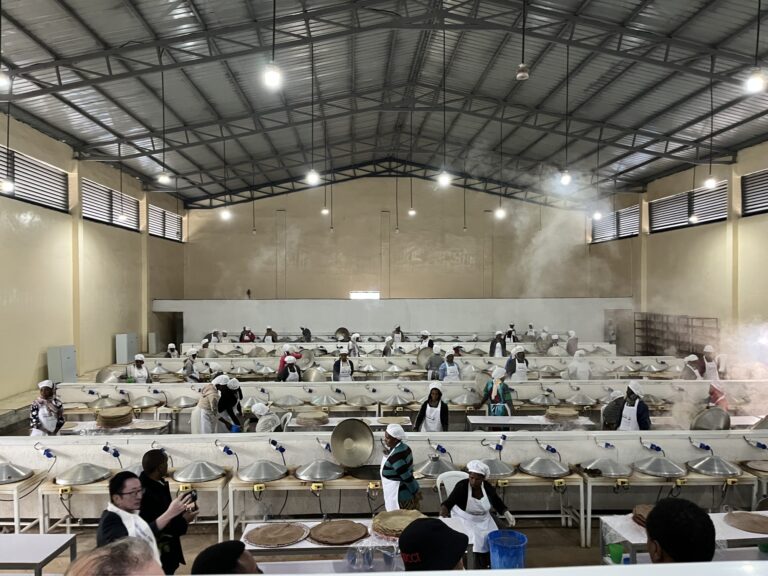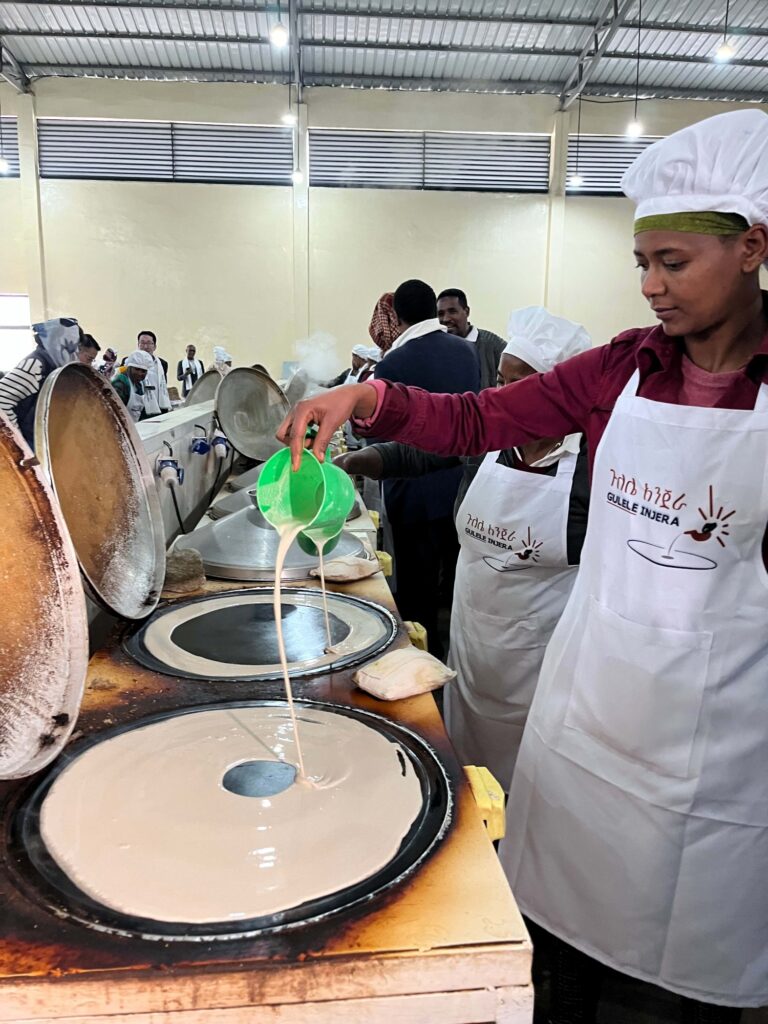The UN Food Systems Summit was initiated in 2019 on the Secretary-General’s initiative to accelerate progress towards the 2030 Agenda goals and transform the food system to make it more sustainable, resilient to hunger, resource-efficient, and less emissions-intensive.
This launched a complex process mobilizing most UN Member States to produce national-level pathways together with stakeholders. In Sweden, the national pathway included strong commitments to revisit the Swedish food policy to increase food security and improve nutrition. This goal can only be reached by closer collaboration within the food and agriculture sectors, and by breaking down barriers between sectors and actors, including the private sector, civil society, and academia.
SIANI was established to dismantle precisely these kinds of barriers and was instrumental in this process. We supported the Swedish government and other organizations in convening experts and stakeholders for food system dialogues, the outcomes of which informed the first Food Systems Summit in 2021.
